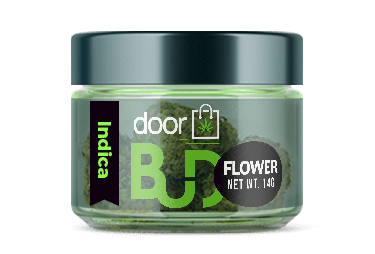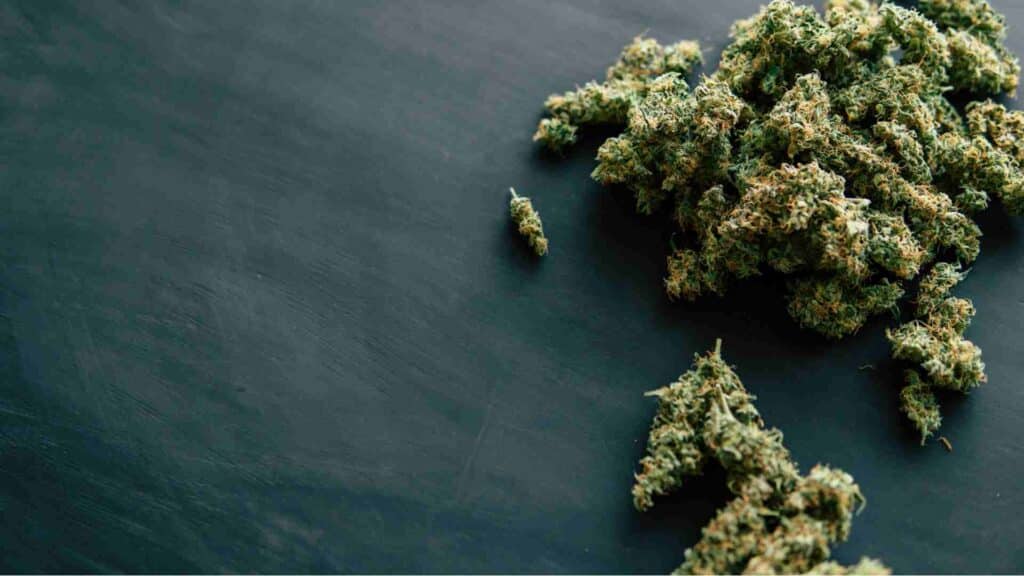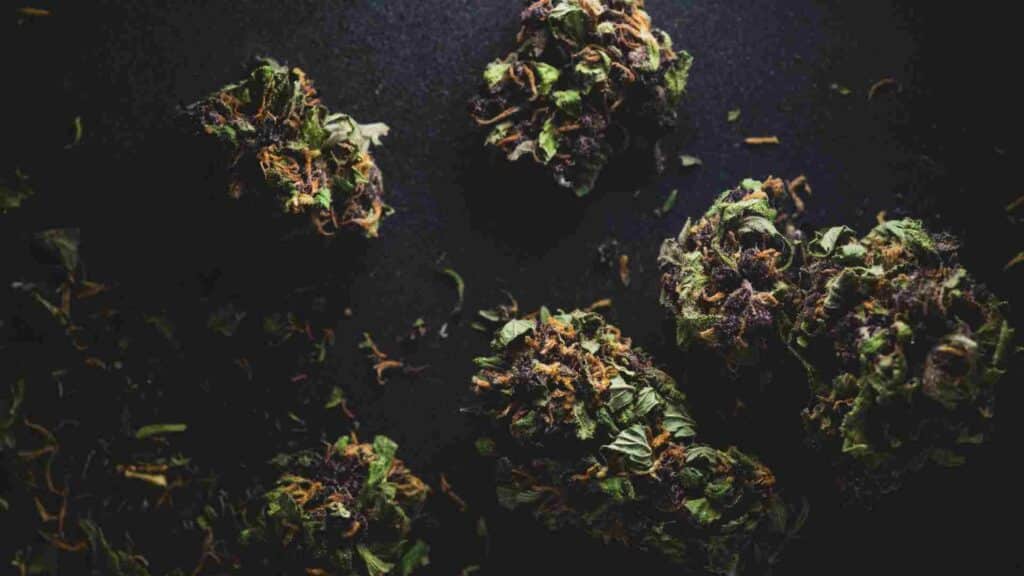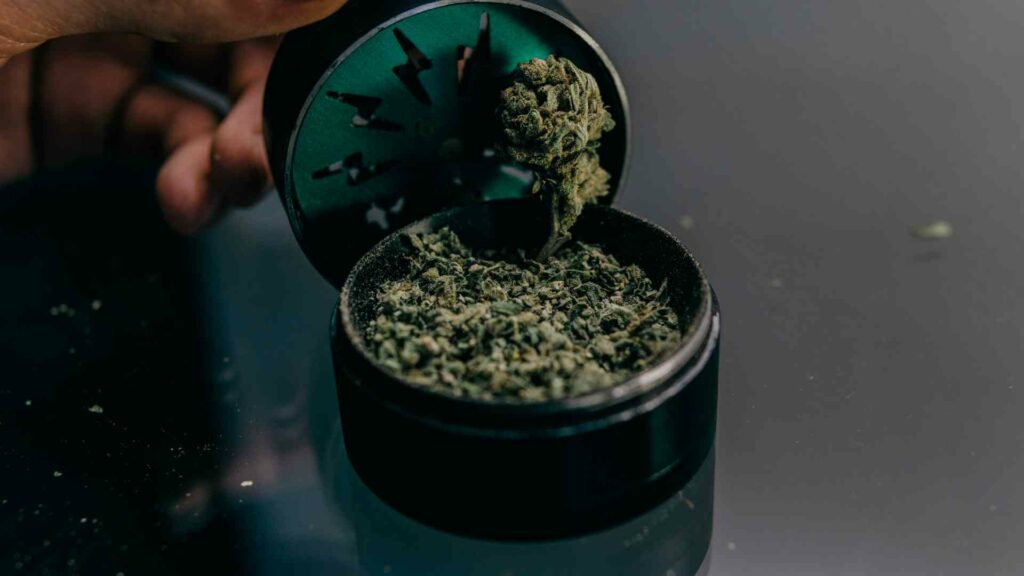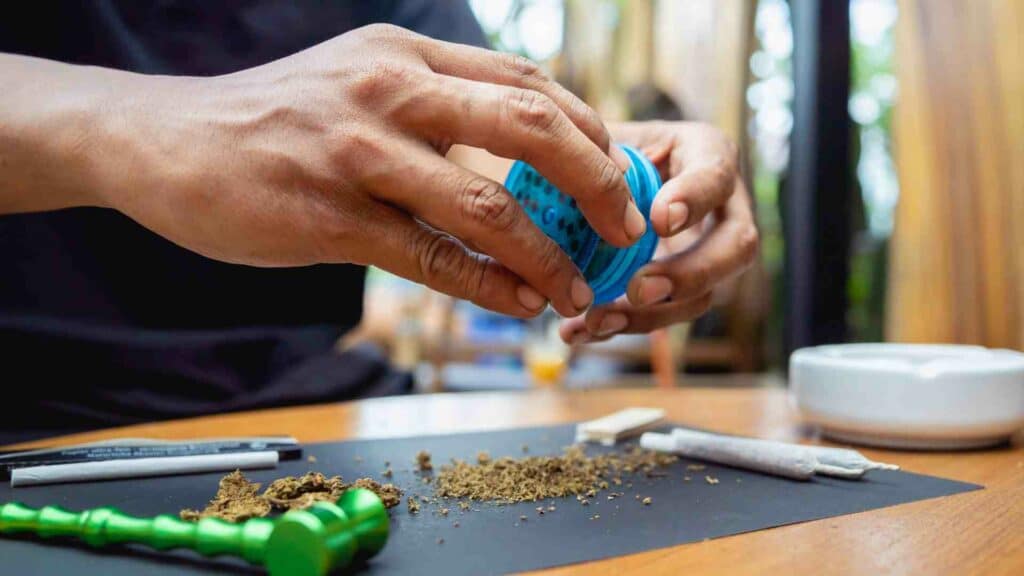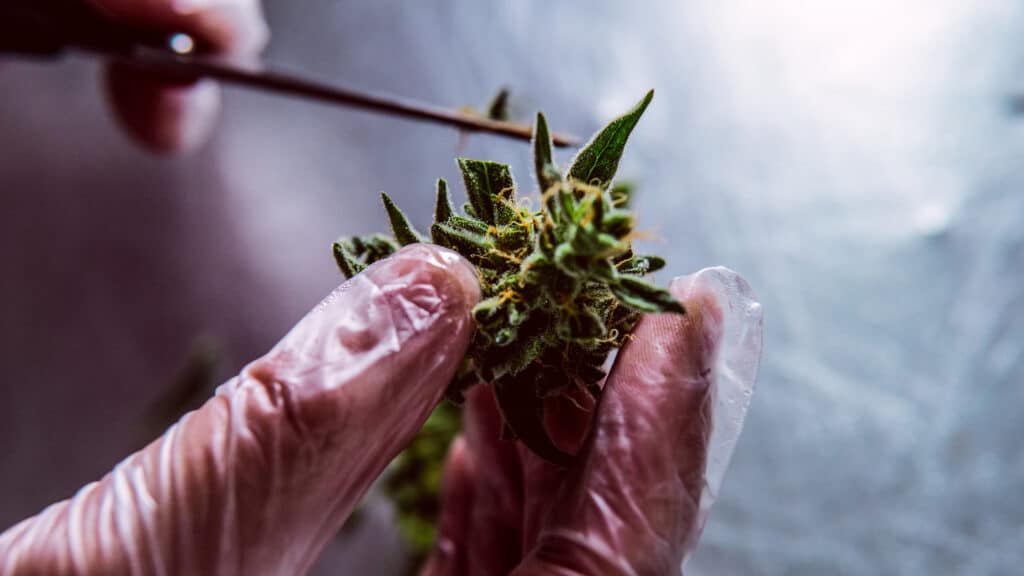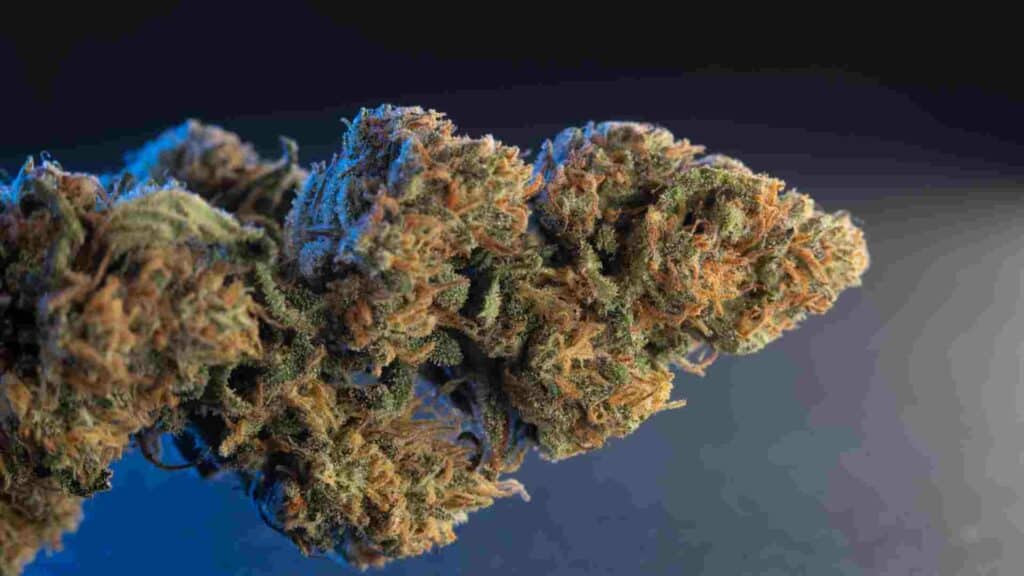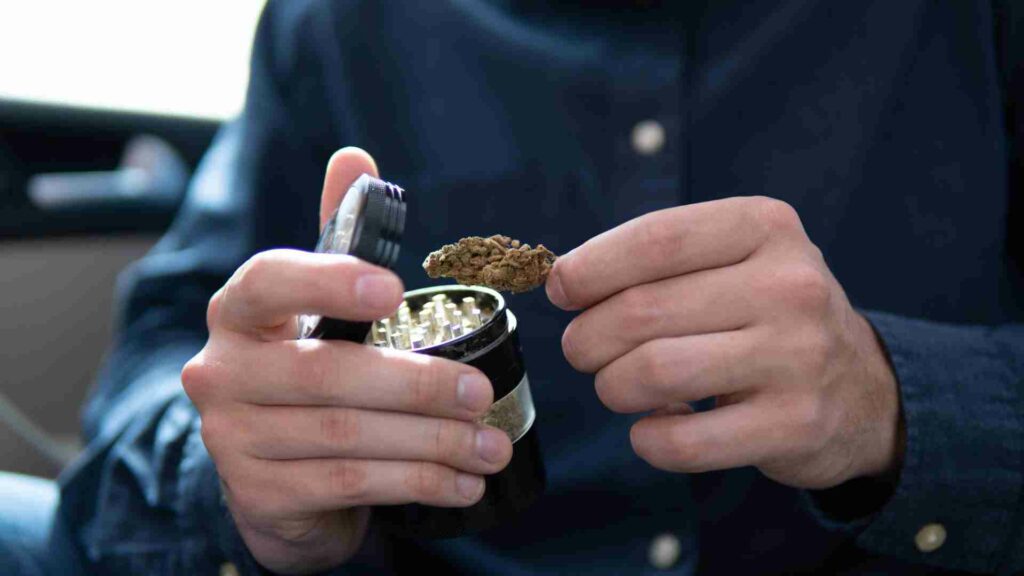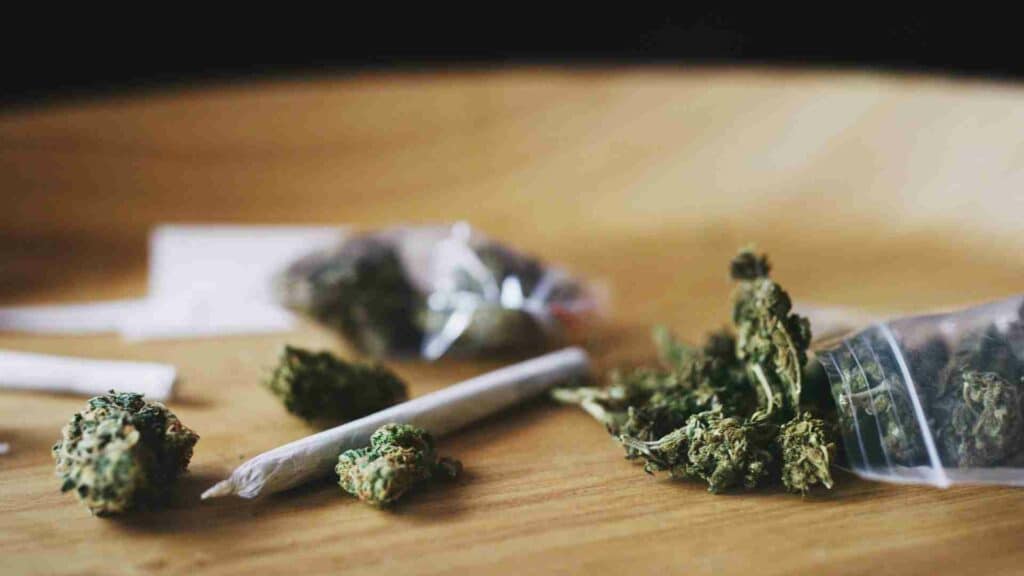The Effects of Marijuana on Athletic Performance and Recovery

Marijuana is becoming increasingly popular as a recreational drug but has been used for centuries in medicine. In fact, cannabis was one of the most widely used drugs until the early 20th century. It has now been legalized in many states, and people view it as a potential treatment for many conditions.
But can marijuana help improve athletic performance? The answer is yes, but there are some essential things to know before using it.
Can Marijuana Improve Athletic Performance?
There’s no doubt about it: marijuana is a performance-enhancing drug. But does it improve athletic performance?
The short answer is maybe. Several studies have found that THC, the active chemical in marijuana, can help athletes by reducing anxiety, improving focus and reaction time, and reducing pain perception. However, these findings are mixed. Some research shows that THC may inhibit athletic performance by slowing reflexes and reducing strength.
So what does this mean for you? If you’re a professional athlete, you should probably steer clear of marijuana until more research has been done. If you’re a casual athlete who wants to get ahead of the competition, however, using marijuana may be worthwhile—but do so cautiously!
Effects on athletic performance
The use of marijuana by athletes has both positive and negative effects. We will examine both sides in detail.
Decreased anxiety, Increased confidence
One of the most important uses for cannabis is to help with anxiety. Anxiety is a common problem in athletes, especially before and during games. The reason that cannabis helps reduce anxiety is that it works on the same part of our brain (the limbic system) as anti-anxiety medications like Xanax or Klonopin. This means that it can help decrease feelings of nervousness and fear.
Increased confidence
Many athletes buy marijuana from online cannabis stores for its ability to increase confidence and self-esteem. This can be extremely useful for an athlete who needs to have a positive mindset before competing and after winning or losing a game or match. Many studies have found that athletes who use cannabis tend to perform better than those who don’t use it at all.
Warming up the body more rapidly
Athletes often use cannabis to warm up their bodies more quickly to perform at their highest level during competition or practice. Cannabis does warm up your body to the point of being “in the zone” more rapidly. Cannabis has been shown to increase heart rate by 20% within seconds of inhaling it, which helps increase blood flow and body temperature faster.
Diminished memory of previous injuries
Marijuana has been linked to the ability for athletes to forget about previous injuries and stay focused on their performance. This is due to the fact that THC binds with CB1 brain receptors, which are linked to memory and fear. This could be beneficial for athletes battling mental blocks or negative thoughts during competition.
Sleep and Recovery
Sleep is essential for athletes’ bodies to recover from strenuous workouts or injuries. Sleep promotes healing and muscle repair while you’re at rest, but it can be challenging to fall asleep if you have trouble relaxing your mind or are anxious about the next day’s workout or competition. Using cannabis before bedtime can help athletes relax enough to fall asleep faster so they wake up refreshed and ready to hit the gym early in the morning!
Pain management
The use of marijuana for pain management is not a new concept. In fact, it has been used for thousands of years as an alternative medicine for various ailments, including cancer and glaucoma. Marijuana has been shown to help pain management by reducing inflammation and decreasing muscle spasms in patients with multiple sclerosis (MS).
Performance enhancement
Marijuana has also been shown to improve athletic performance by increasing motivation and reducing anxiety in athletes who engage in aerobic exercise such as running or cycling. But it is recommended that you always buy weed online from authentic and registered stores.
Weight management
Marijuana has been linked to weight loss because it makes people feel full faster than when they aren’t using marijuana. This may be due to how marijuana affects our endocannabinoid system (ECS), which helps regulate appetite and metabolism.
Muscle recovery
Research has shown that cannabis can be used as an effective treatment for chronic pain related to physical activity. Marijuana has been shown to reduce inflammation, which can help speed up muscle recovery after exercise. One study found that athletes who consumed cannabis experienced decreased pain and stiffness compared to those who didn’t.
Injury prevention
Research also suggests that marijuana purchased from online weed stores can protect against severe injuries by reducing anxiety and stress levels in athletes before competition. In addition, it has also been shown to improve cognitive function, which can help athletes perform better under pressure.
Negative Effects
Here are some of the adverse effects that can be detrimental to athletes:
Dehydration and muscle cramps
The active ingredient in marijuana, tetrahydrocannabinol (THC), interacts with receptors in the brain that regulate muscle control. It could lead to dehydration of the body and muscle cramps. In addition, marijuana can cause dehydration because it increases your heart rate and causes you to sweat more than usual. This can lead to cramps or exhaustion during physical activity.
Increase cortisol levels
Cortisol is a hormone produced by your adrenal glands when you’re under stress or anxious about something that might happen in the future. It helps release energy from fat cells so your body doesn’t get tired quickly during stressful situations or exercise sessions. However, too much cortisol can increase appetite and slow metabolism, making it harder to lose weight even if you’re exercising regularly.
Conclusion
Though each individual is affected differently, marijuana use can enhance and impair an athlete’s ability to compete. While many enjoy the effects of marijuana, athletes must consider that its benefits and hindrances are proportional to their training time and physical capability.
